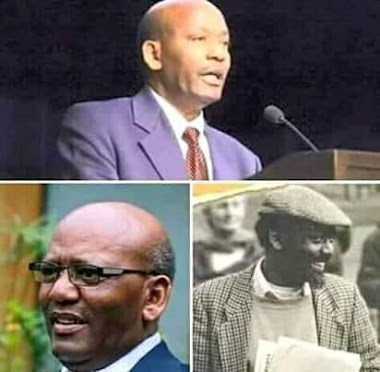Discovering Jimma, Ethiopia: A Hidden Gem of History, Nature, and Culture Nestled in the heart of southwestern Ethiopia, Jimma is a city that blends a rich cultural heritage, breathtaking landscapes, and a warm sense of community. Whether you’re a history enthusiast, a nature lover, or simply an adventurous traveler, Jimma has something special to offer. A Historical Treasure Jimma is renowned for its historical significance, serving as the capital of the Gibe Kingdom during the 19th century. One of its key attractions is the Abba Jifar Palace , which stands as a monument to the legacy of King Abba Jifar II, a ruler celebrated for his governance and contributions to the region. Walking through the palace, visitors can experience Ethiopia's royal history and marvel at the traditional Gibe architecture. Coffee Capital of Ethiopia Ethiopia is the birthplace of coffee, and Jimma holds a special place in its coffee culture. The nearby Kaffa region , from which coffee derives its na...
Our Cultural Foods Oromia has many cultures. These include food culture, dress culture, house building culture, marriage culture, irrigation culture, ritual culture, ateetee culture, song culture, conflict resolution culture, customs, and many others. Traditional foods The Oromo have many foods. I will list the foods and drinks first. They are bread and ittoo, caabetaa and ittoo, marqaa, mooqa, bread, meat, chicken, cuukkoo, caccabsaa, coffee beans, hancootee, nuugii, qoccoo, gooddarree, potato, akaayii and so on. Oromo traditional cuisine, like the cuisine of any other country, can be divided into broad categories. These are: Energy foods (carbohydrates): These are mainly those made from grains and cereals. This includes foods made from cereal grains, such as bread, cabbage, grass, mooqa, bread, maxinoo, cucumbers, pasta, salt, and so on. Mostly, bread, soup, and mooqi can be made from soybeans, potatoes, bisinga, garlic, wheat, and, if worse comes to worse, daagujjaa. Cuukkoo an...

Comments
Post a Comment